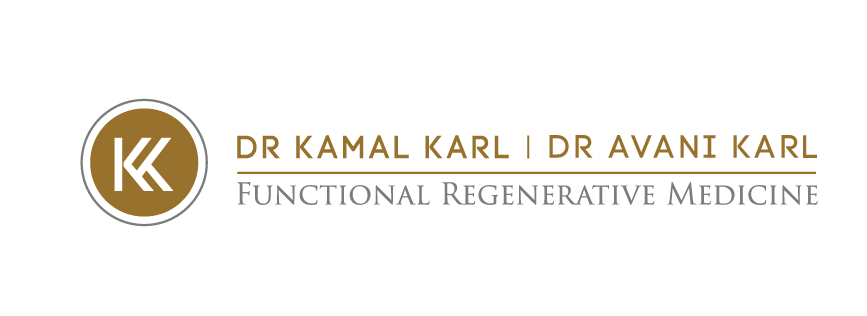In the whirlwind of our fast-paced lives, the notion of ‘doing nothing’ seems not only counterintuitive but even irresponsible. Our culture is steeped in the ethos of perpetual motion – always achieving, always acquiring, always on the go.
However, during a recent family adventure to China, I discovered a refreshing counterpoint in the Taoist concept of Wu Wei.
Translating to ‘effortless action’ or ‘non-doing’, Wu Wei challenges our deeply ingrained beliefs and the relentless hustle of modern society.
What is Wu Wei?
Wu Wei is not about laziness or passive withdrawal. It’s about harmonising with the natural flow and letting things unfold in their own time. Picture a river: it doesn’t force its way forward but follows the path of least resistance, gracefully navigating around obstacles and carving its own course. This is the essence of Wu Wei – moving with the current instead of against it.
The Paradox of Wu Wei
One of the most intriguing aspects of Wu Wei is its inherent paradox: doing without doing, knowing when not to act. Sometimes, the best course of action is inaction until the right moment reveals itself. Based on observations during our travel, in traditional Chinese painting, the artist is trained to remain still and silent before they make a mark on the paper. Instead of rushing in and splashing ink in the process, they remain patient, abstaining from action until they truly feel and know what mark is to go where. Life, like art, is a yin-yang balance of action and inaction, both taken with equally conscious thought.
Wu Wei in daily life
Incorporating Wu Wei into daily life requires a shift in perspective. It involves trusting in the natural course of events and recognising that sometimes, the best action is to not act!
In relationships, Wu Wei teaches us the importance of patience. Instead of trying to control or manipulate others, it encourages us to understand and accept them for who they are. By doing so, we create a space for genuine deeper connection and mutual respect.
In the professional realm, Wu Wei encourages us to approach our work with passion and dedication but without undue stress or overexertion. This mindset enhances creativity and the flow of ideas by reducing the mental clutter caused by overthinking.
In personal development, by freeing ourselves from external expectations and the pressure of comparison, we can focus on our own values and goals. This lets us tap into our own intuition, allowing us to connect with our authentic selves, leading to greater fulfilment.
The Path to Wu Wei
Practicing Wu Wei requires mindfulness and self-awareness. It involves cultivating a sense of presence and paying attention to the natural flow of events around us. Here’s a quick checklist to guide the thought process:
Do’s:
- Be patient and have trust in the process
- Embrace flexibility and adaptability
- Prioritise essential tasks for focused action
Don’ts:
- Force outcomes through excessive control
- Act impulsively or reactively
- Overburden yourself with distracting mental chatter or unnecessary responsibilities
Wu Wei often lets us reach our goals more effectively. Think of an athlete or artist who enters a state of flow, where movements become fluid and performance peaks – not through force, but rather through relaxed concentration and being fully present in tune with the task at hand.
Letting go of results
Like the guiding philosophy of Karma Yoga, Wu Wei also encourages us to act with intention and sincerity while releasing attachment to the outcomes. While we are responsible for our actions, it’s an important reminder that many factors beyond our control shape the outcomes. These are usually due to a complex web of causes, not from a single source. This perspective reduces anxiety and promotes inner peace by easing the stress of trying to manage or control every detail.
The path to Wu Wei is not about adding more to your to-do list but about finding grace and ease in the flow of existence. In a world that often prioritises doing over being, Wu Wei reminds us of the true value and wisdom of effortless action.
Written by guest author, Namita Davey

